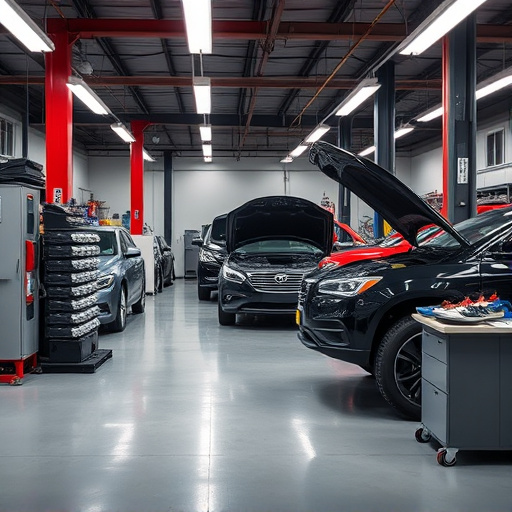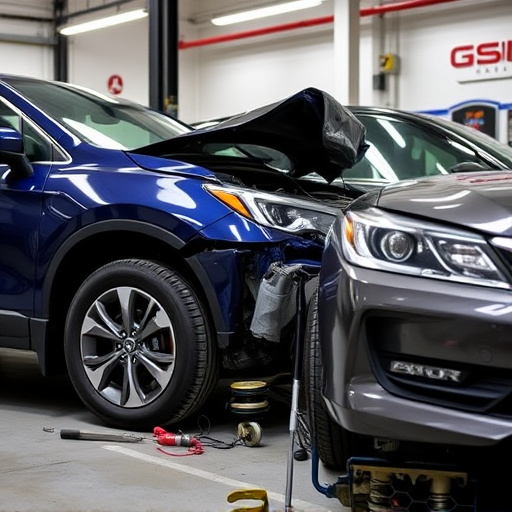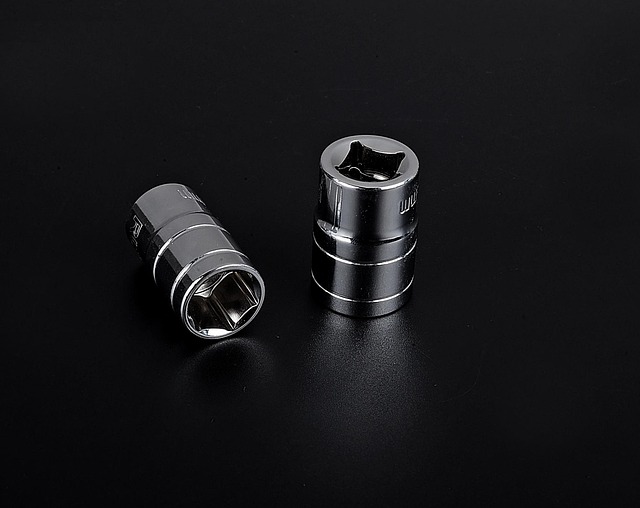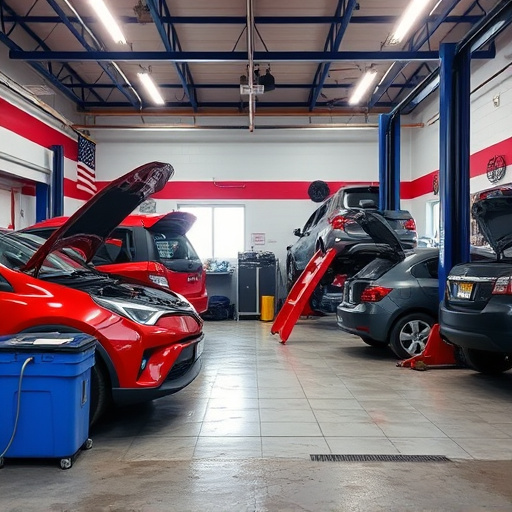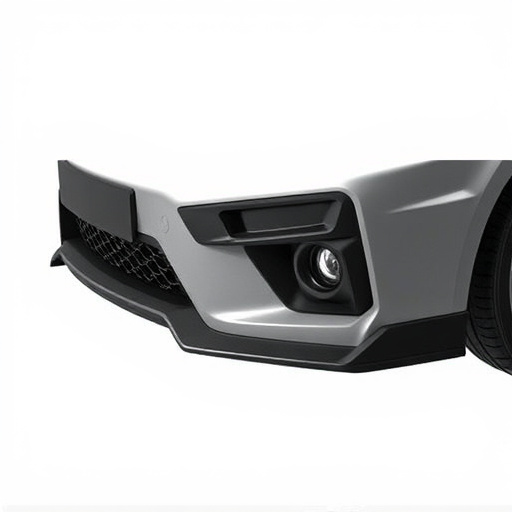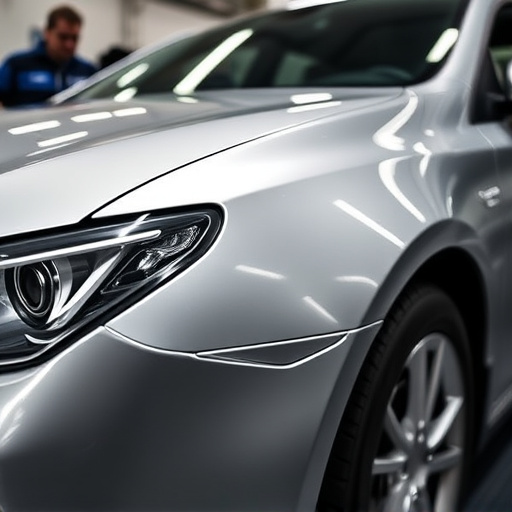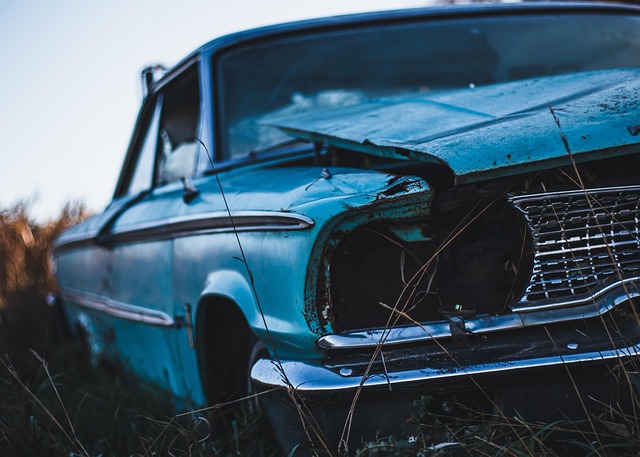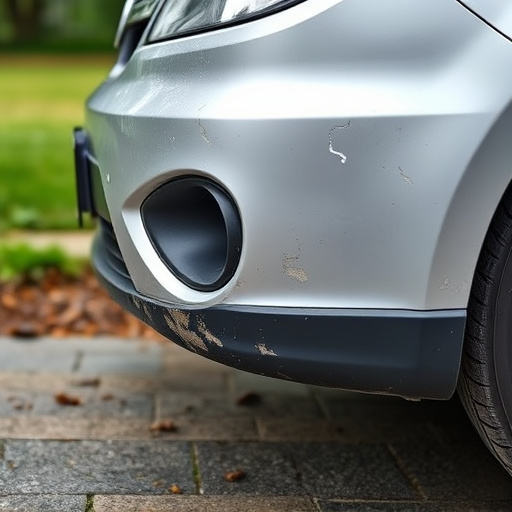Aftermarket auto glass standards are vital for road safety, ensuring windshields and windows meet impact resistance, material quality, and installation criteria. However, these parts can pose issues like improper fitment, optical distortion, lack of advanced features, and challenges with repair, impacting vehicle functionality and value. As a critical safety feature, strict industry standards and quality control are essential to prevent failures and maintain legal compliance, prioritizing customer well-being and vehicle integrity over cost.
Aftermarket auto glass is a crucial component of vehicle safety, yet many drivers overlook its importance. When aftermarket windshields fail to meet established standards, it can lead to serious consequences on the road. This article delves into the world of aftermarket auto glass, exploring key standards and common failure points. We emphasize the vital role of quality control in ensuring driver and passenger safety. By understanding these aspects, consumers can make informed choices and stay protected.
- Understanding Aftermarket Auto Glass Standards
- Common Failures in Aftermarket Windshields
- Ensuring Safety: The Importance of Quality Control
Understanding Aftermarket Auto Glass Standards
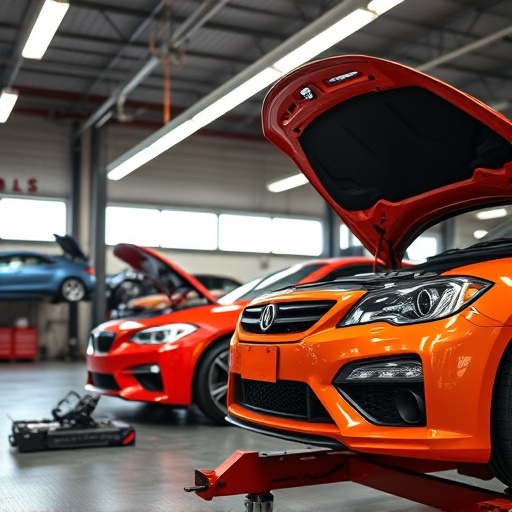
Aftermarket auto glass standards are vital to ensure safety and reliability on the road. These standards govern the quality, performance, and safety features of replacement automotive glass components, including windshields, side windows, and backlights. The primary focus is on ensuring that the glass provides adequate protection against impact, penetrant forces, and potential hazards during accidents.
The industry has established stringent criteria for aftermarket auto glass, encompassing various aspects like material composition, manufacturing processes, and installation techniques. These standards not only dictate minimal requirements but also encourage advancements in technology to surpass traditional benchmarks. By adhering to these guidelines, auto glass manufacturers and installers can deliver superior products, enhancing vehicle safety and peace of mind for drivers who opt for aftermarket solutions instead of original equipment.
Common Failures in Aftermarket Windshields
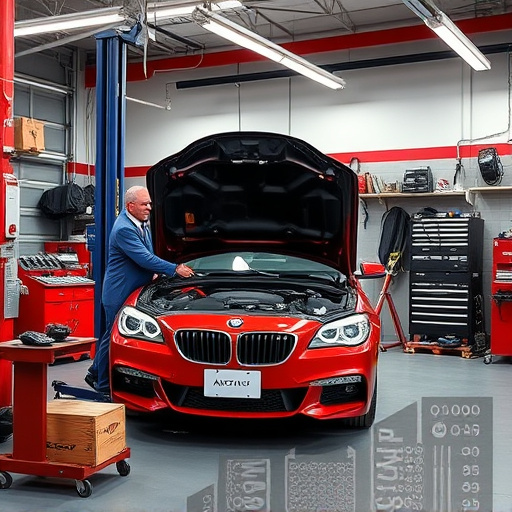
Aftermarket auto glass, while often a more affordable option, can sometimes fail to meet quality standards, leading to common issues that impact vehicle safety and performance. One of the most prevalent failures is poor fitment, which can result in air leaks around the windshield, causing issues with defrosting and heating systems. An improperly installed windshield may also fail to provide adequate structural support during a collision, compromising the overall integrity of the vehicle’s safety system.
Another frequent problem is optical distortion or cloudiness, often caused by manufacturing defects or poor-quality materials. This can significantly impair the driver’s visibility, making it difficult to navigate, especially in adverse weather conditions. Additionally, aftermarket glass may lack the advanced features and technology found in original equipment windshields, such as anti-glare coatings, which can contribute to glare and eye strain for drivers. Issues with scratch repair or vehicle paint repair compatibility are also common challenges, further impacting the overall aesthetics and value of the automobile.
Ensuring Safety: The Importance of Quality Control
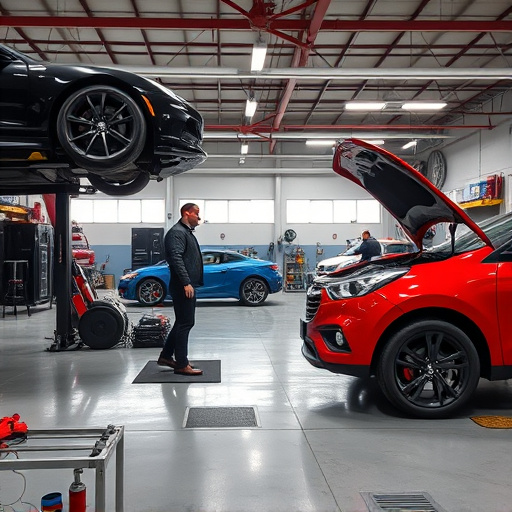
Aftermarket auto glass plays a pivotal role in ensuring the safety and integrity of a vehicle. When installed properly, it can protect occupants from harm during accidents by providing structural support and preventing debris penetration. However, subpar quality control measures in the aftermarket can lead to failure of these glass components, compromising both safety and legal compliance.
Regular inspections and stringent quality control processes are essential at every stage of the supply chain, from manufacturing to installation. Auto body shops and tire services that specialize in automotive body work must adhere to strict industry standards and guidelines to ensure the reliability of aftermarket auto glass. By prioritizing quality over cost, these professionals safeguard their customers’ well-being and maintain the overall integrity of the vehicle’s structure and design.
Aftermarket auto glass plays a crucial role in vehicle safety and performance. By understanding industry standards, identifying common failure points, and emphasizing quality control, consumers can ensure they install reliable glass components. This prevents accidents, enhances driving comfort, and guarantees long-lasting protection for all occupants. Choosing certified products from reputable suppliers is the key to ensuring your aftermarket auto glass meets or exceeds expected standards.
